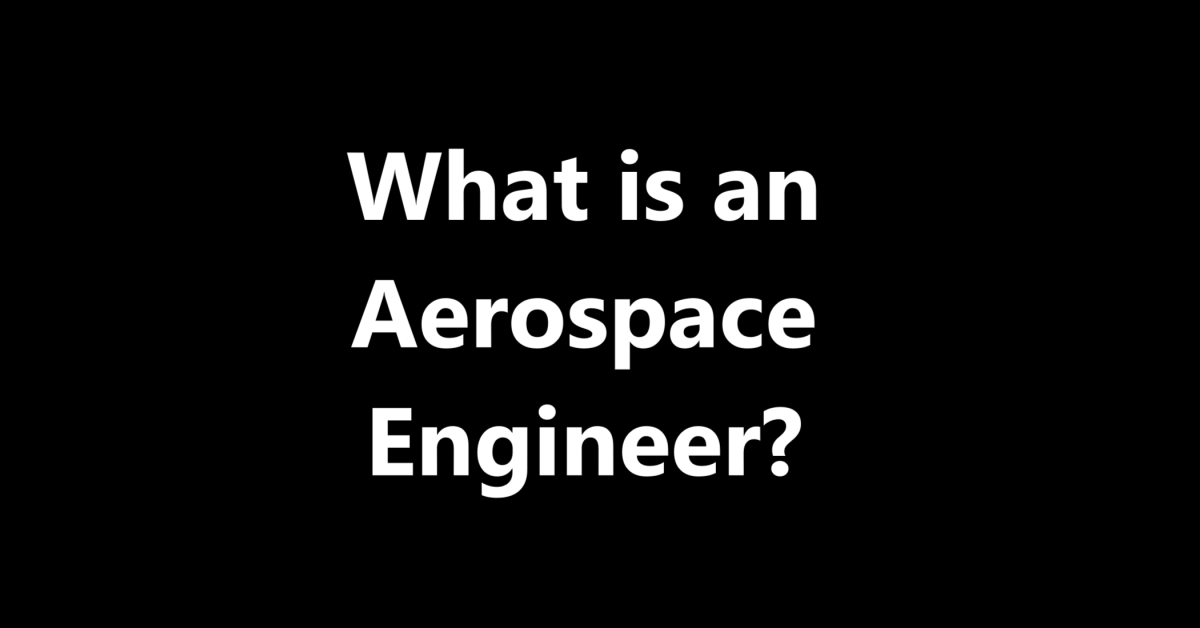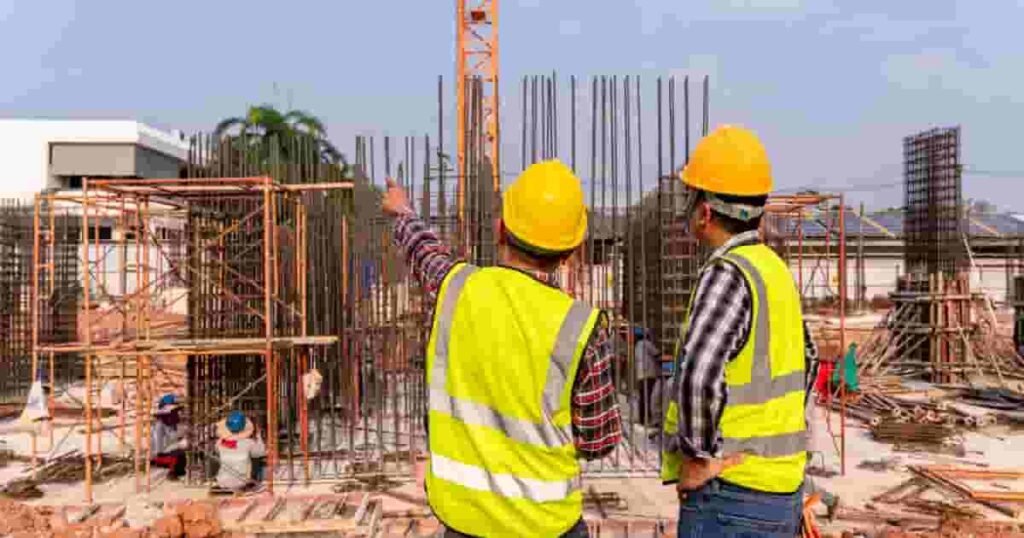Here’s a comprehensive overview of aerospace engineering and the professionals in the field:
What is an Aerospace Engineer?
An aerospace engineer is a specialized engineer who designs, develops, and tests aircraft, spacecraft, satellites, and missiles. They apply principles of physics and mathematics to create vehicles that can operate in the Earth’s atmosphere and beyond.
What Does an Aerospace Engineer Do?
Aerospace engineers perform a variety of tasks, including:
- Design and Development: Creating prototypes, models, and simulations of aircraft and spacecraft.
- Analysis: Conducting tests and simulations to evaluate performance, safety, and efficiency.
- Research: Exploring new technologies and methods to improve aerodynamics, propulsion, and materials.
- Project Management: Overseeing engineering projects, ensuring they meet design specifications and budget constraints.
- Collaboration: Working with teams that include other engineers, scientists, and technicians to innovate and solve complex engineering problems.
- Compliance and Safety Checks: Ensuring designs meet regulatory standards set by aviation and space agencies (like NASA or FAA).
Types of Aerospace Engineers
Aerospace engineering is often divided into two main branches:
- Aeronautical Engineering: Focuses on the design and development of aircraft that operate within the Earth’s atmosphere. This includes:
- Airplanes: Commercial jets, private planes, military aircraft.
- Unmanned Aerial Vehicles (UAVs): Drones and other remotely operated flying machines.
- Astronautical Engineering: Concentrates on the design and development of spacecraft that operate in space. This includes:
- Satellites: Communication, weather, and reconnaissance satellites.
- Spacecraft: Rovers, space stations, and crewed spacecraft like those used in missions to the International Space Station (ISS).
Workplace Preferences for Aerospace Engineers
Aerospace engineers often prefer workplaces that offer:
- Collaborative Environment: They thrive in settings that allow teamwork and collaboration with diverse teams from various engineering disciplines.
- Innovative Atmosphere: Workplaces that encourage creativity and innovation, particularly in experimenting with cutting-edge technologies and design methods.
- Research Facilities: Access to advanced laboratories, flight simulators, and wind tunnels for conducting experiments and simulations.
- Structured Projects: Aerospace engineers often favor environments with organized project management and clear timelines, where they can see the direct impact of their work on real-world applications.
- Professional Development: Opportunities for continuous learning and professional development, including training, workshops, and industry conferences.
- Regulatory Compliance: A workplace that emphasizes safety and compliance with aviation standards, which is crucial in this field.
FAQs based on Aerospace Engineer
Here are some frequently asked questions (FAQs) about aerospace engineers and the aerospace engineering profession:
1. What is an aerospace engineer?
An aerospace engineer is a professional who designs, develops, tests, and oversees the manufacture of aircraft, spacecraft, satellites, and missiles. They apply principles from various engineering disciplines, including mechanical, electrical, and materials engineering.
2. What education is required to become an aerospace engineer?
Typically, a bachelor’s degree in aerospace engineering or a related field is required. Many aerospace engineers also pursue a master’s degree or additional certifications for advanced roles or specialization.
3. What do aerospace engineers do on a daily basis?
Daily tasks may include:
- Designing and testing prototypes
- Conducting research and simulations
- Collaborating with other engineers and scientists
- Analyzing performance data from tests
- Preparing reports and technical documentation
4. What skills are important for aerospace engineers?
Key skills include:
- Strong analytical and mathematical abilities
- Proficiency in computer-aided design (CAD) software
- Problem-solving and critical-thinking skills
- Effective communication and teamwork
- Attention to detail in design and testing
5. What types of aerospace engineers are there?
There are generally two main branches:
- Aeronautical Engineers: Focus on aircraft that operate within the Earth’s atmosphere.
- Astronautical Engineers: Focus on spacecraft and technologies used in outer space.
6. What industries employ aerospace engineers?
Aerospace engineers can work in various industries, including:
- Aerospace manufacturers (commercial aircraft, military aircraft)
- Space agencies (NASA, ESA)
- Defense contractors
- Research and development firms
- Government and regulatory agencies
7. What is the average salary for aerospace engineers?
As of recent data, aerospace engineers in the U.S. typically earn an average salary ranging from $80,000 to over $120,000 per year, depending on experience, education, and specific job roles.
8. Are aerospace engineers in high demand?
Yes, there is a steady demand for aerospace engineers, particularly with advancements in technology, space exploration, and the ongoing need for more efficient aviation solutions.
9. What are the career advancement opportunities for aerospace engineers?
Aerospace engineers can advance to senior engineering roles, project management positions, or specialized roles in research and development. Many may also choose to pursue roles in management or academia.
10. What are some challenging aspects of being an aerospace engineer?
Challenges can include:
- Working on complex projects with strict deadlines and budgets.
- Keeping up with rapid technological advancements.
- Ensuring designs meet regulatory and safety standards.
- Collaborating with multidisciplinary teams and managing diverse opinions.
Conclusion
Aerospace engineering is a dynamic and rewarding field that combines creativity, technical knowledge, and problem-solving skills. Aerospace engineers play a critical role in shaping the future of aviation and space exploration.


